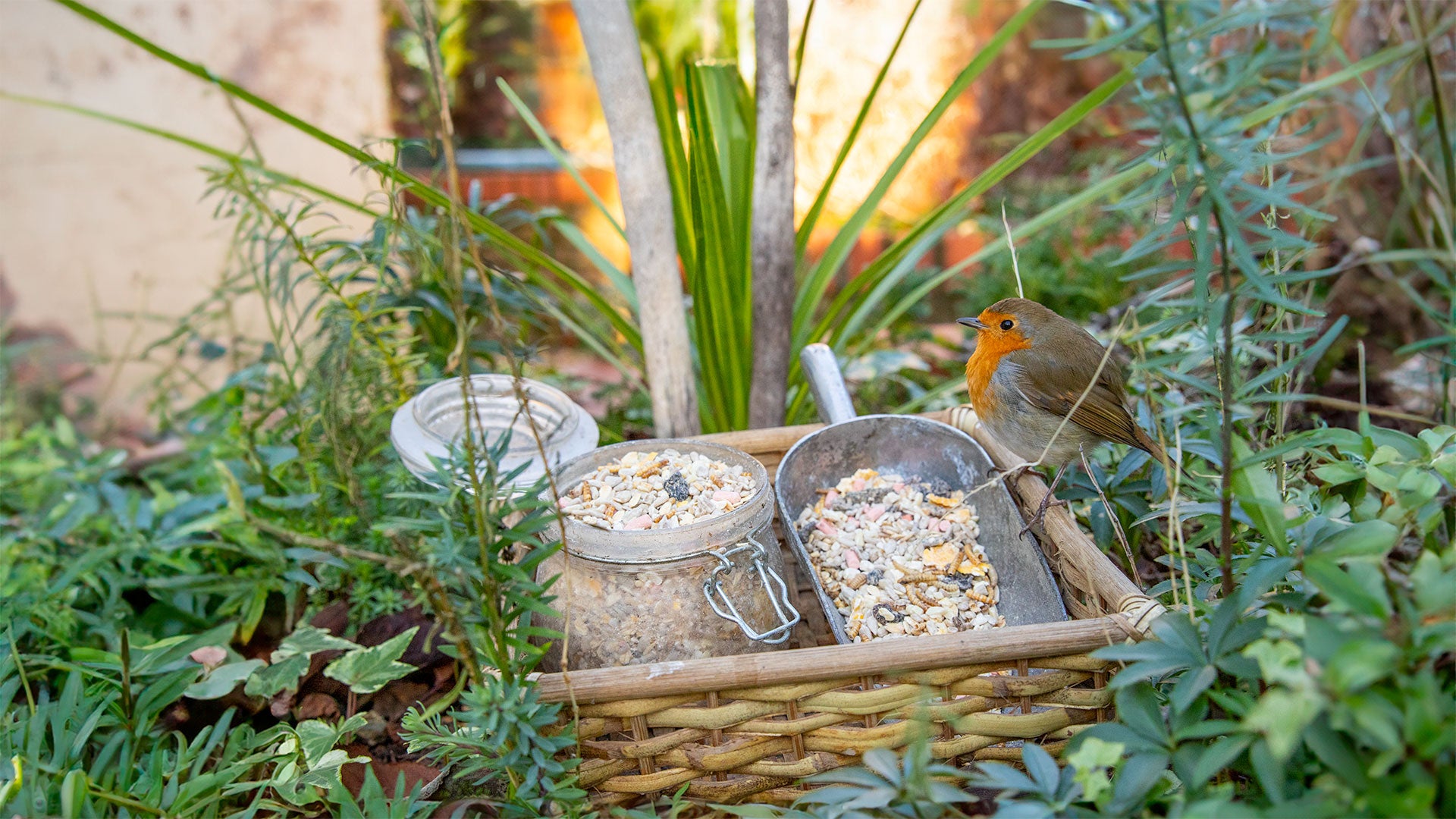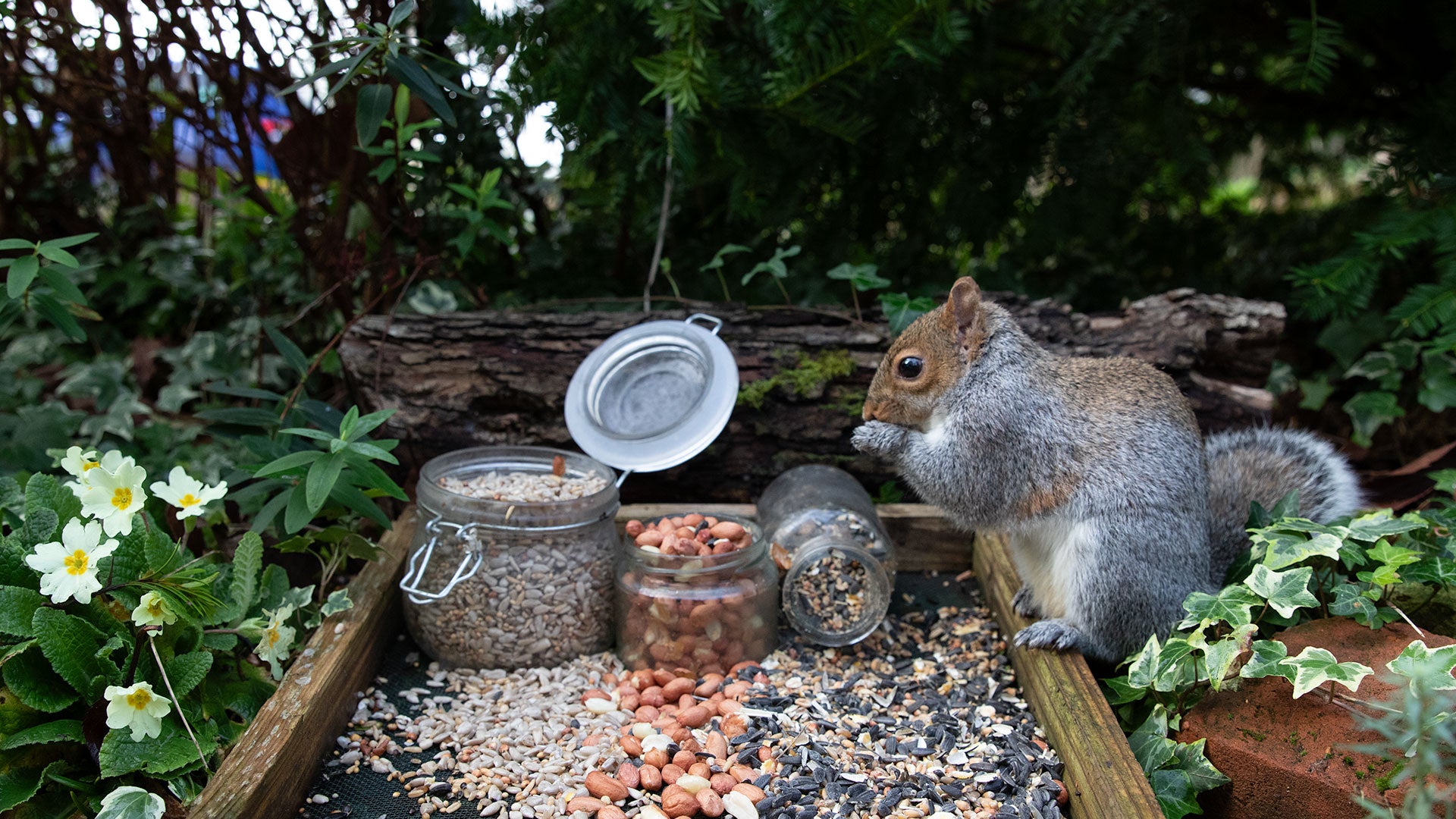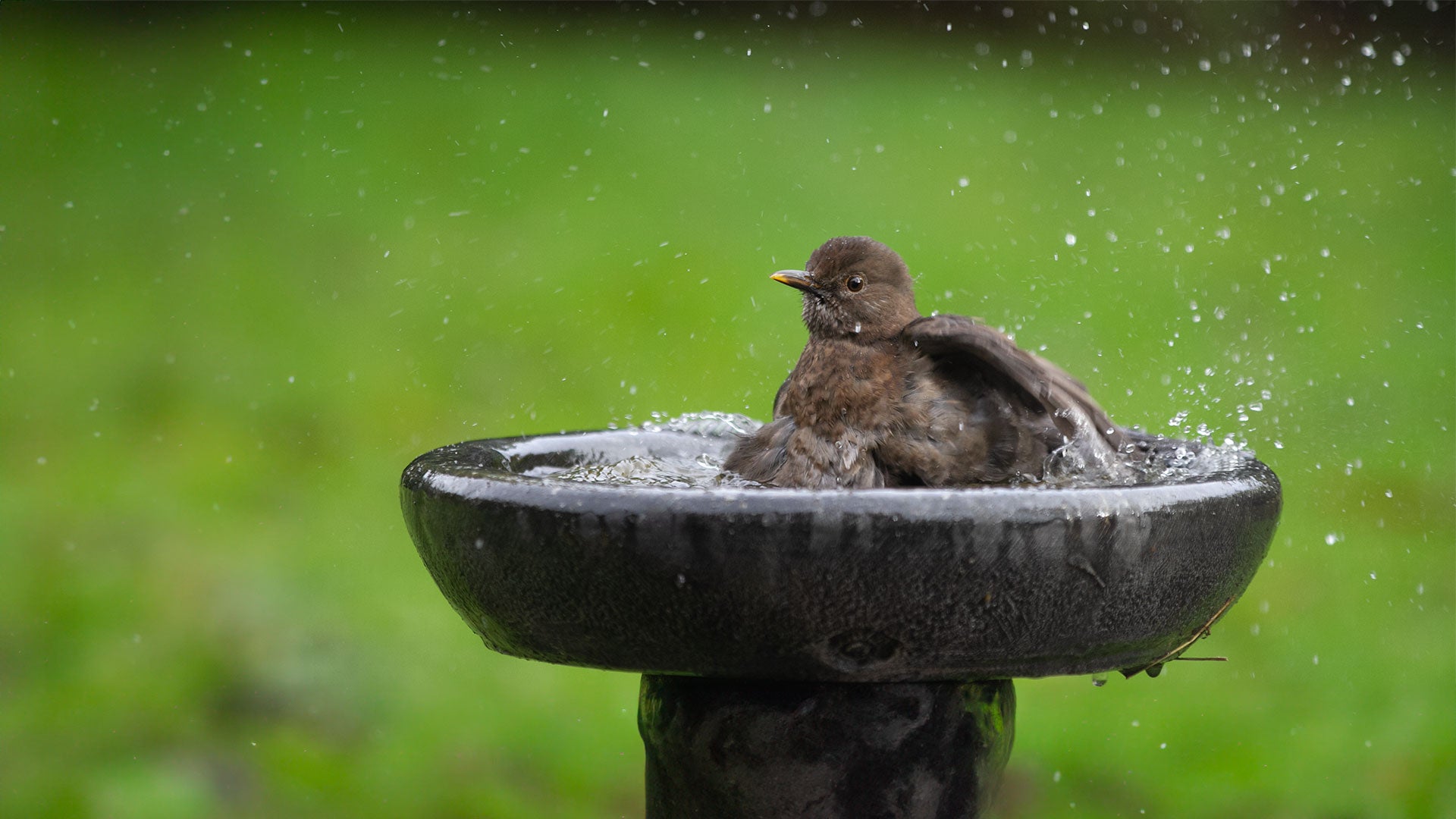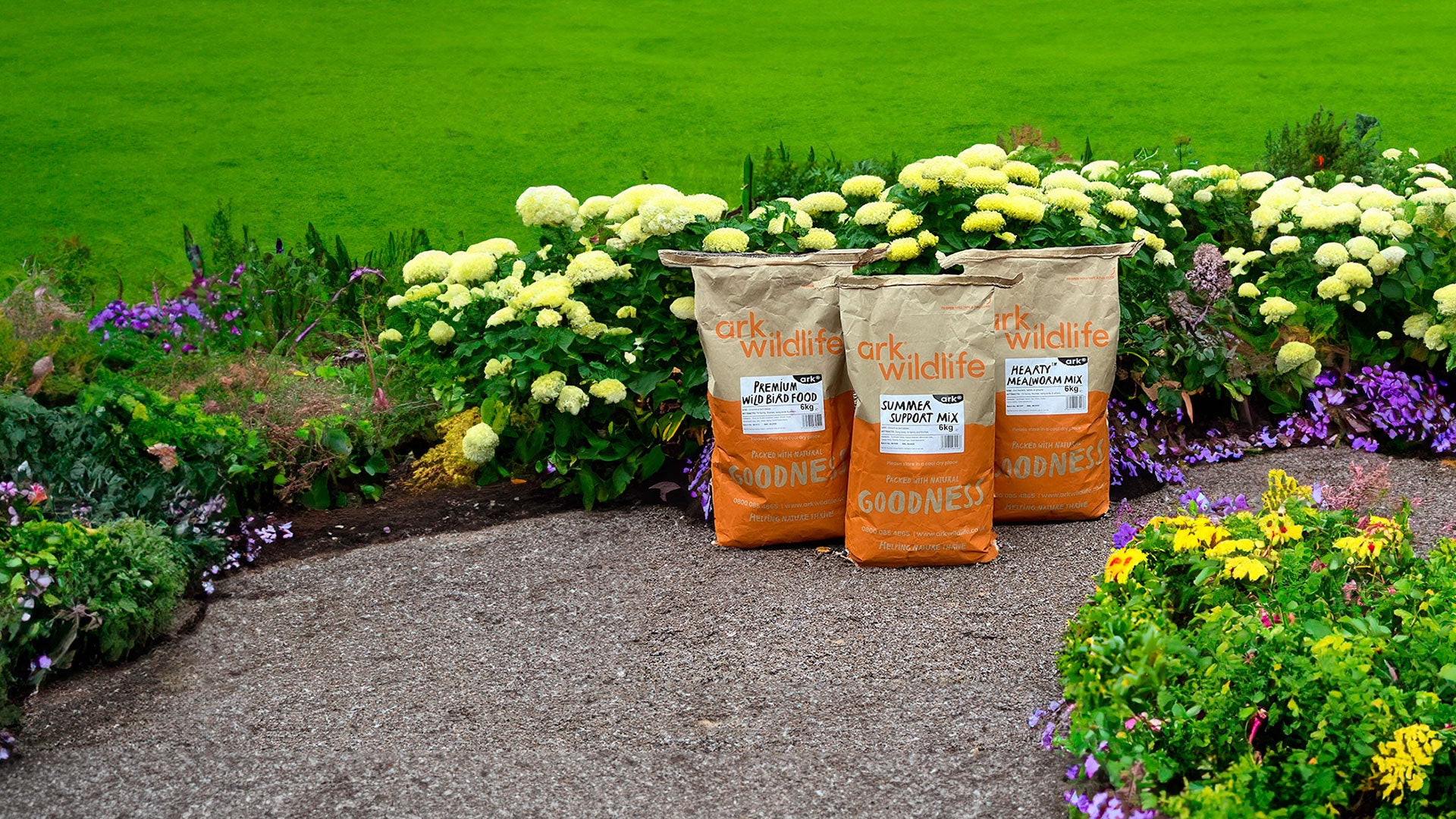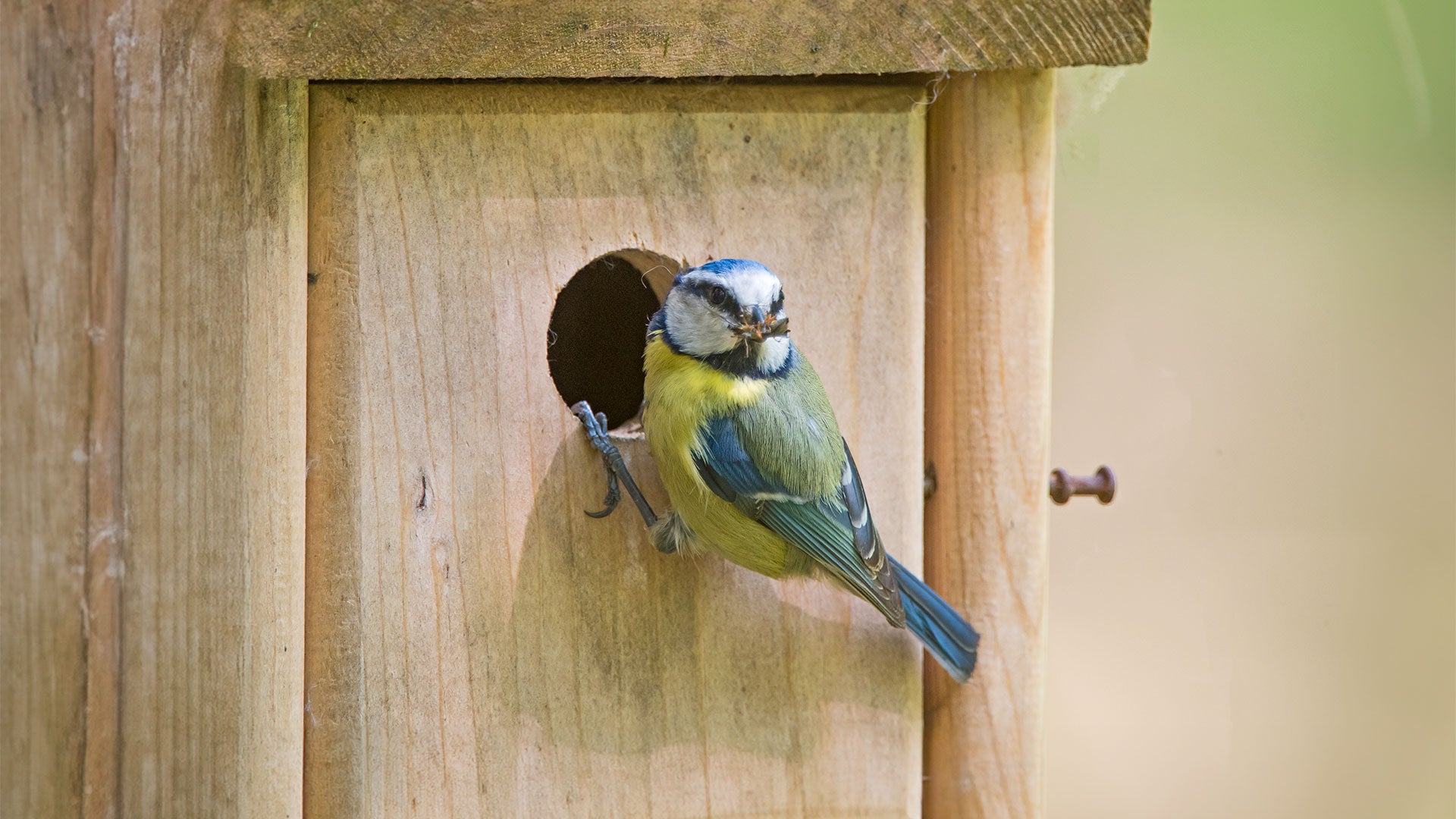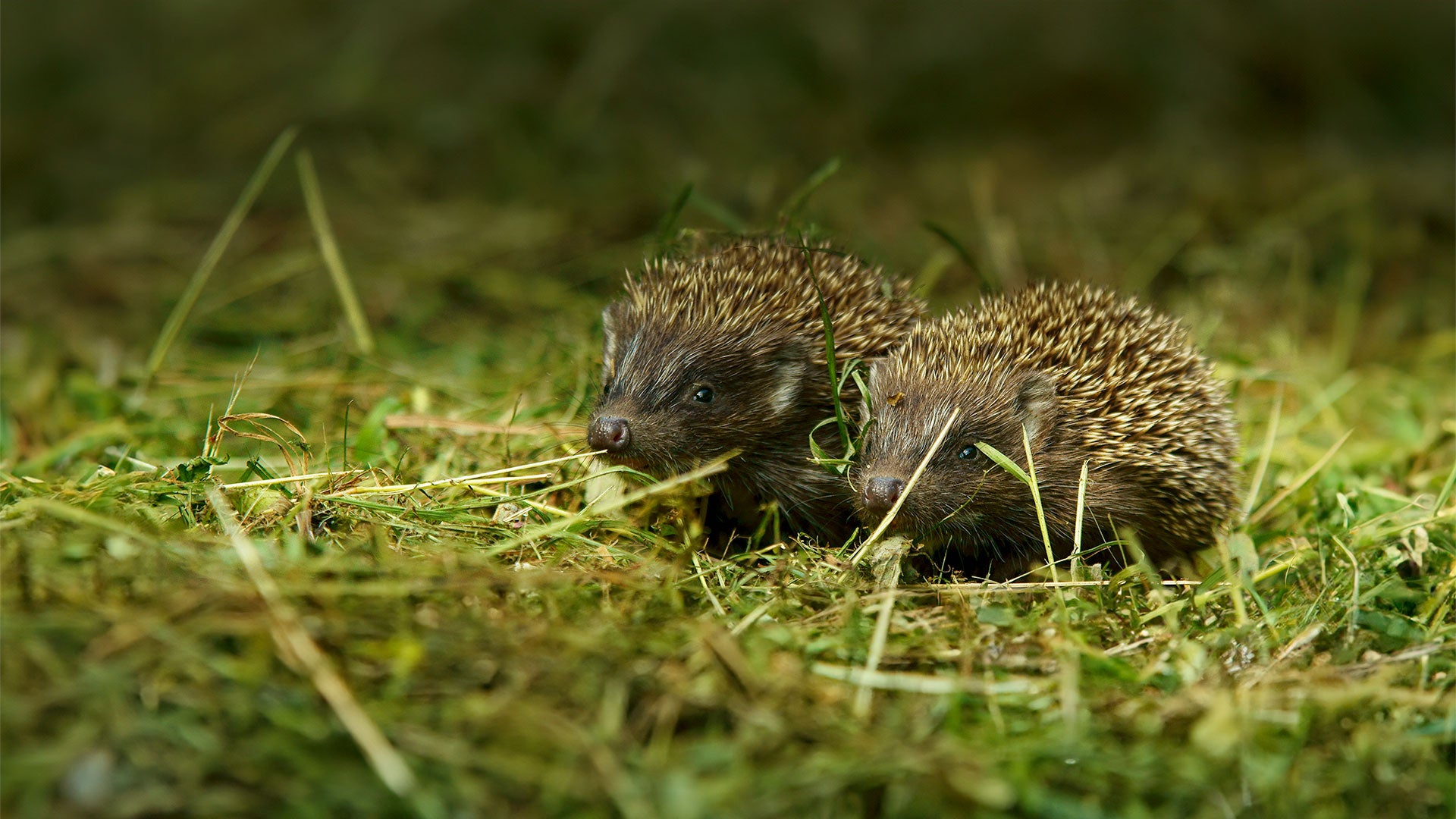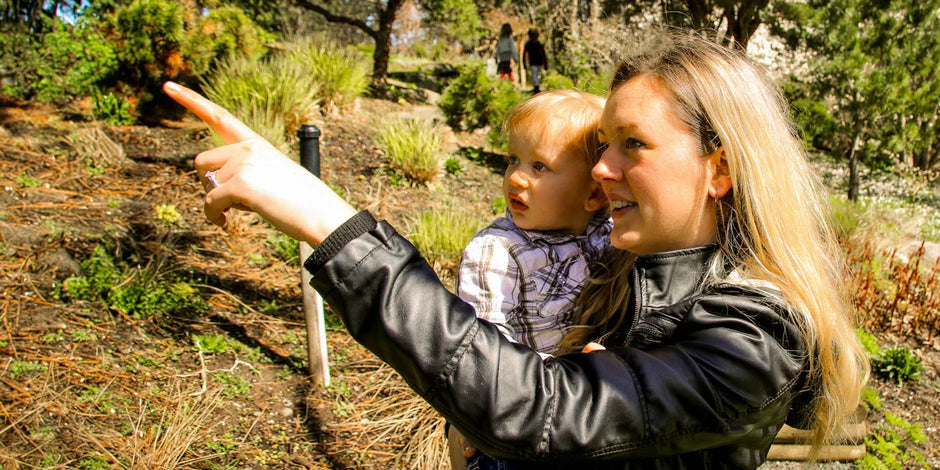A Demanding December Week For WRAS
Guest Blog - Author Bio
East Sussex WRAS was established as a voluntary group in 1996, but some of its rescuers have been rescuing since 1985. The organisation was set up in order to provide a front-line rescue service for wildlife casualties who unlike their domesticated cousins, do not have owners to help look after them.
Trevor Weeks MBE is the founder & Operations Director of East Sussex Wildlife Rescue & Ambulance Service (WRAS). One of our Charity Partners, WRAS has been looking after wildlife in East Sussex for more than 20 years. Trevor gives us a snapshot of a typical week in their lives…
We seem to be a little behind the rest of the country when it comes to baby hedgehogs being born and getting into trouble, many rescue centre have already had babies in, but it has only been this week we have seen our first proper baby hedgehogs. The first one arrived from Eastbourne. Mum had moved her babies to another nest but sadly left one behind and never returned.

On Sunday, we were called to Pine Walk in Uckfield, after a guy discovered a mum hedgehog with some babies suckling from her, after clearing some vegetation and patio slabs in their garden. We rushed round to assess the situation and luckily mum was still in the nest with babies. The slab which was partially covering the nest was replaced, vegetation returned around her and the guy very kindly agreed to leave them alone. It is important to leave nesting hedgehogs alone and re-cover them as quickly as possible, to avoid them being abandoned by their mum. When very young babies are present, mums will also kill them if disturbed too much, so it is always best to leave alone and let mum move the young of he own accord.
It just keeps on getting busier and busier each week. Last week saw us experience our busiest evening of rescues in the history of the organisation. Between 6pm and midnight we had more than 35 calls and over 14 casualties admitted. Most of the calls were between 6pm and 9pm and at one point we had five rescuers on the road. Duty Manager Chris and I worked over 17 hours each that day not returning home till the early hours of the morning.
Chris and I attended a disused swimming pool at Golden Cross last week. Mum and ducklings were swimming round in the swimming pool but the ducklings had no way of getting out. Young ducklings, goslings and cygnets are not water proof and should only be on water for a limited period of time before needing to dry out and warm up. Our concern here was the young would die overnight if we left them. We lowered a pallet, with a solid top, into the water and used a piece of hardboard as a ramp going down to the pallet. For the first hour or so mum was very worried about it and wouldn’t go near, but luckily later the evening before dark she bravely approached and started using the pallet and eventually managed to get her young up and out of the pool.

We also had an emergency call to a very poorly cygnet at Westham Pond. One of the parents was attacking the cygnet and throwing it around. The cygnet had wounds to its head and beak, I assessed the cygnet at our Casualty Centre and they rushed it up to the Swan Sanctuary for their expert care.
The fox cub which was rescued from the A22 Hailsham By-Pass last week has now been released back to the wild. As it was found on the dual carriageway rescuers had to plan a careful release. At 2am in the morning three ambulances and five rescuers attended. Ambulances parked along the road either side of the release point to be a look out for approaching traffic and to have a long enough stretch of road clear of traffic for the release to be safe. A third ambulance parked at the release point. Rescuers waited for a suitable clear spell before releasing the fox where found. At first the fox worried rescuers as it ran along the verge, but then darted in through a hole in some bushes and was off and away.

Other rescues this week have included a barn owl who sadly suffered a severely fractured wing after being struck by a car in Maresfield. It had to be rushed to the vets as well as numerous jackdaws and crows which are in the process of fledgling at the moment – we are now up to our limits on young corvids. Rescuer Murrae dealt with a woodpecker caught in wire. There have been calls to a group of ducklings found in the middle of a road in Lewes, a baby bird at Burgess Hill, a jackdaw in Wivelsfield Green, a female mallard duck near Five Ash Down, a bat found in a water but in Alfriston and an injured blackbird at Lewes District Council office in Lewes which turned out to be a jackdaw. We had this spotted woodpecker which came in from the Harley Davidson garage on the A22 at Golden Cross and luckily release a couple of days later. He flew into one of their windows and was suffering from concussion.

A severely injured duck with nasty wounds to its head had to be rescued at the Pells Pond in Lewes last week. It was rushed to our vets for urgent assessment but sadly there was too much damage around the face for it to be repaired.
All in all, a very busy week!
Related Internet Links: East Sussex Wildlife Rescue & Ambulance Service
Ark Wildlife is not responsible for the content of external websites


